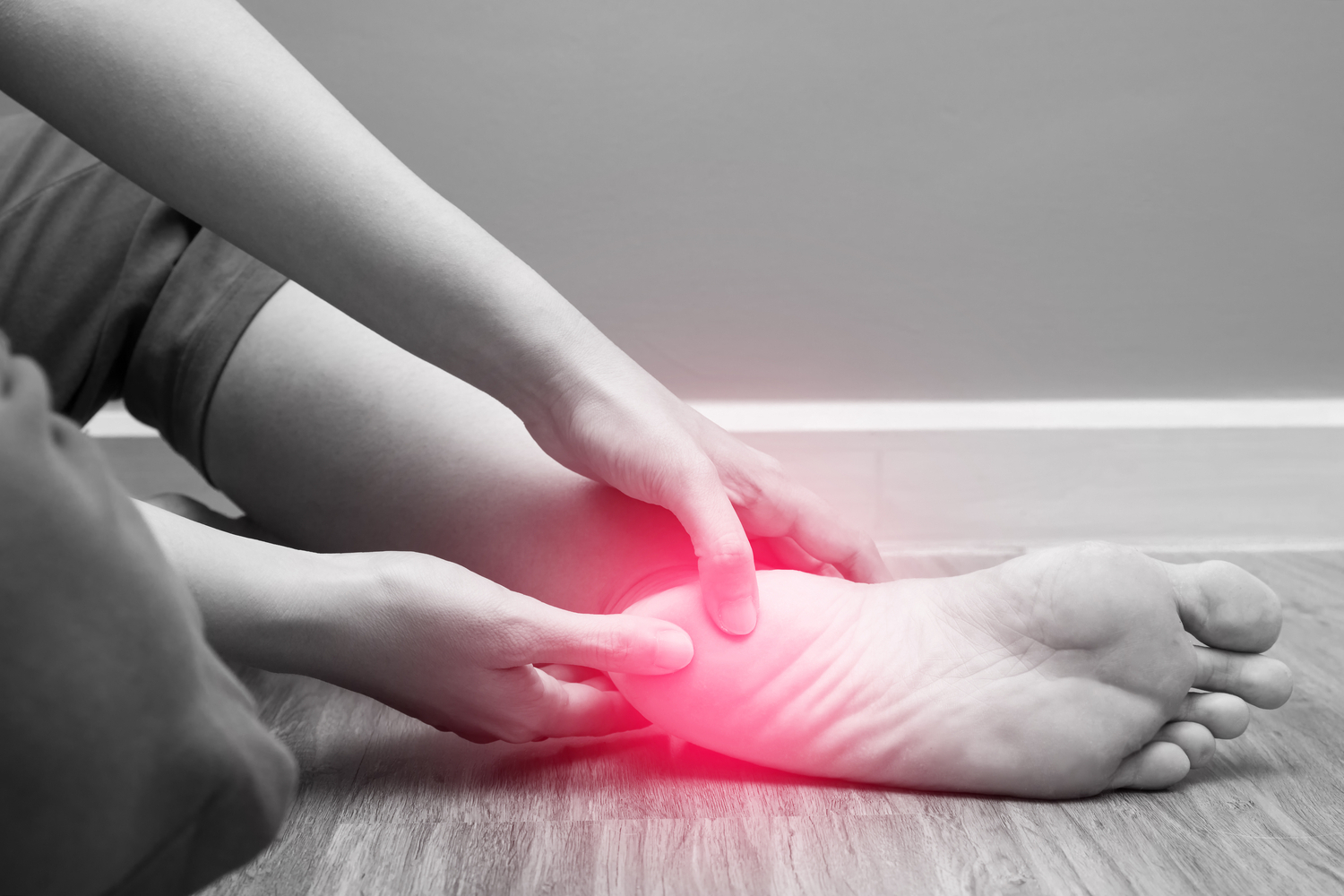Comprehensive Guide to Managing Neuropathy Symptoms Effectively
Discover comprehensive and effective strategies for managing neuropathy symptoms. This guide covers medication options, therapeutic approaches, lifestyle tips, and alternative remedies to help reduce nerve pain and improve quality of life. Early diagnosis and personalized treatment plans are crucial for optimal relief, making it essential to consult healthcare providers promptly. Learn how targeted therapies and lifestyle modifications can significantly impact neuropathy management and ensure better health outcomes.

Proven Strategies and Treatments to Alleviate Neuropathy Discomfort
Neuropathy, a condition characterized by nerve damage that results in pain, numbness, and tingling sensations, requires a multifaceted management approach to effectively reduce symptoms and improve quality of life. The foundation of treatment lies in accurately diagnosing the underlying cause of nerve damage. Once identified, tailored treatment plans, including medications, lifestyle modifications, and alternative therapies, can lead to significant symptom relief. Diagnostic tests such as nerve conduction studies or blood tests play a vital role in pinpointing the root cause, which may include diabetes, autoimmune diseases, infections, or injury.
In cases where the diagnosis remains inconclusive, healthcare providers often recommend vigilant monitoring of symptoms to observe progression or remission over time. This approach allows for adjustments in treatment strategies based on disease evolution, ensuring that patients receive the most appropriate care. Personalized treatment protocols are essential in neuropathy management because the severity and cause of nerve damage vary widely among individuals.
Medications and Pharmacological Treatments for Neuropathy
Managing nerve pain effectively often involves a combination of medications designed to target different aspects of neuropathic symptoms. The most commonly used drugs fall into several categories: pain relievers, anti-seizure medications, topical treatments, and antidepressants. Each has its specific indications, potential side effects, and considerations, requiring close collaboration with healthcare professionals.Pain Medications are often the first line of defense, especially for mild to moderate discomfort. Over-the-counter (OTC) options such as nonsteroidal anti-inflammatory drugs (NSAIDs)—like ibuprofen and naproxen—are effective for temporary relief. However, for persistent or severe pain, physicians may prescribe stronger medications such as opioids, including Tramadol or Oxycodone. While these drugs can provide substantial relief, they carry risks of dependency and side effects, making their use generally reserved for resistant cases under strict medical supervision.
Anti-seizure Drugs like Pregabalin and Gabapentin are frequently prescribed to diminish nerve excitability and reduce shooting or burning pain associated with neuropathy. These medications often cause side effects such as dizziness and fatigue, emphasizing the importance of regular monitoring and dosage adjustments during treatment.
Topical Therapies provide localized relief for nerve pain. Capsaicin creams, derived from chili peppers, work by depleting nerve neurotransmitters responsible for transmitting pain signals. Similarly, lidocaine patches can numb the affected area temporarily but may cause side effects like skin irritation, dizziness, or drowsiness.
Antidepressants such as amitriptyline, nortriptyline, duloxetine, and venlafaxine modify pain signaling pathways in the brain and spinal cord. These medications are particularly effective for neuropathic pain linked to diabetic or chemotherapy-related nerve damage, though they can lead to side effects like dry mouth, nausea, and constipation.
Additional Therapeutic Approaches include immune-modulating therapies for autoimmune-related neuropathy, physical therapy to improve mobility and muscle strength, and TENS (transcutaneous electrical nerve stimulation), which uses electrical impulses to disrupt pain signals, providing relief for many patients.
Surgical Interventions might be necessary when nerve compression from structural abnormalities, tumors, or herniated discs is identified as the primary cause of nerve damage. Surgical procedures aim to decompress nerves, prevent further injury, and restore function, although such measures are generally considered after conservative treatments have failed.
Alternative and Complementary Remedies are gaining popularity among neuropathy patients seeking additional relief. Techniques such as acupuncture, which involves inserting fine needles into specific points on the body, have shown promising results in some cases. Supplements like alpha-lipoic acid, an antioxidant, may help reduce oxidative stress and nerve inflammation, although clinical evidence varies. Herbal options, including evening primrose oil and turmeric, are also explored, but it's crucial to consult healthcare providers before initiating any supplementary therapies, especially if you are on prescribed medications or have underlying health conditions.
Early diagnosis and proactive treatment are critical in managing neuropathy effectively. Waiting too long can lead to worsening symptoms and more complex health issues, including mobility impairments and chronic pain. If you experience persistent nerve sensations such as numbness, tingling, or burning, seek medical advice promptly. A multidisciplinary approach involving medication, lifestyle changes, and supportive therapies can offer the best chance of symptom control and improved quality of life. Maintaining open communication with healthcare professionals ensures that treatment plans are tailored to your specific needs, maximizing effectiveness and safety.





